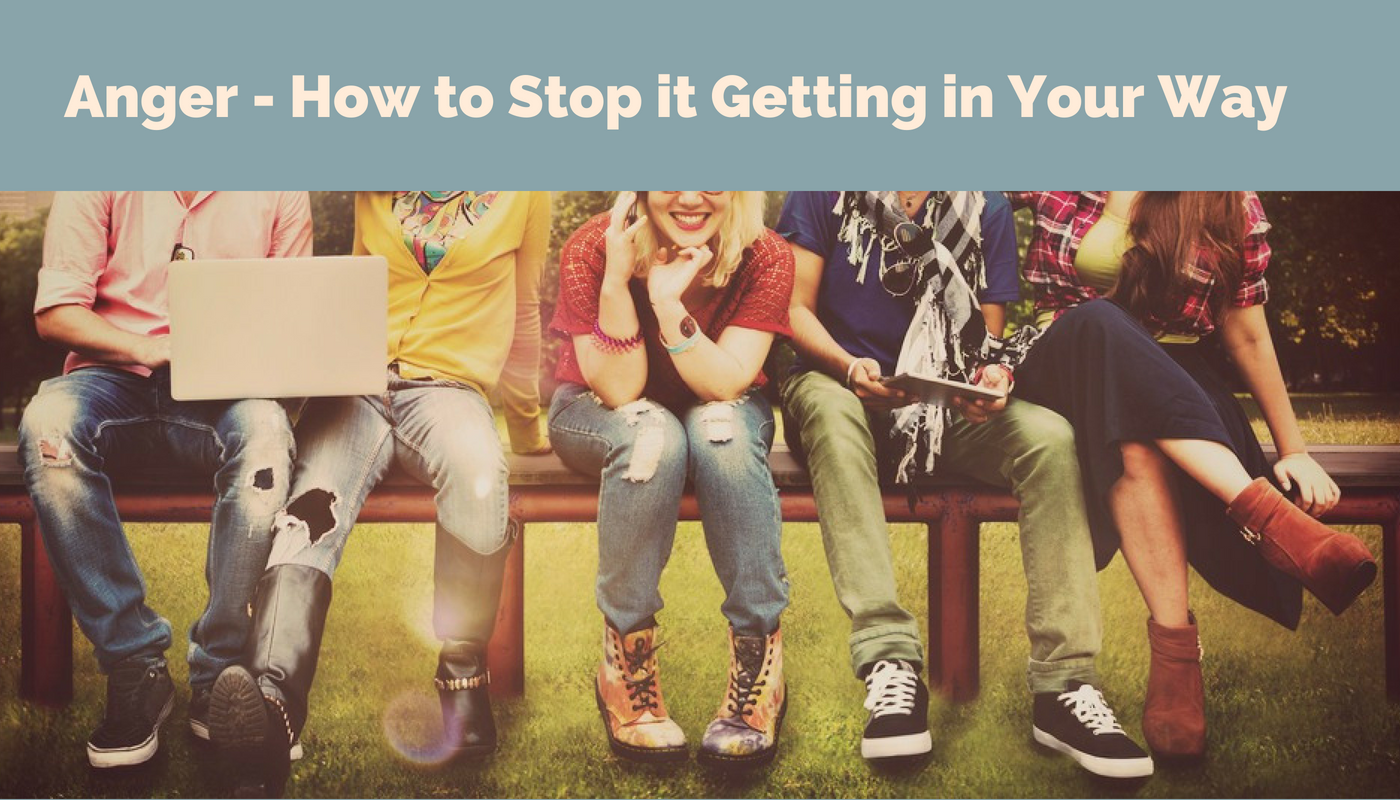Anger is part of being human and it has a very good reason for being there. When it’s managed well, anger can work hard for you. Let it own you though, and there’ll often be bucketloads of trouble. Here’s what you need to know to make it work for you.
The Take-Aways
- Anger is a really important emotion. It has a really good reason for being there, but it can make us do stupid things that land us in bucket loads of trouble or that break relationships.
- We don’t want to get rid of anger, but to learn to manage it in ways that are really effective and more likely to get you what you need.
- Anger has a few good reasons for being there.
- The first is to let you now that there is something in the way of something really important to you.
- The second is to energise us and activate us to get our needs met, or to get is in our way, out of our way.
- The third reason anger shows up is to stop more difficult and more intense emotions from finding their way to the surface. Anger is the only emotion that doesn’t exist on its own. There’s always another feeling driving anger. It might be jealousy, disappointment, fear, disgust, anxiety, sadness – it could be anything. Often, anger is an easier one to feel, or an easier one to deal with than these other feelings.
- It’s been suggested that when you’re angry, lose 30% of your intelligence. Anger is driven by the part of the brain that is responsible for instinctive, impulsive behaviour. During anger, the body is surged with a neurochenical fuel to get you energised and activated and able to physically respond to whatever is in your way. Here’s the problem. When those neurochemicals are surging through you, they it actually send the thinking part of your brain offline. This is an instinctive response designed to make sure we get ourselves safe before we think too hard and too long about how to respond to a situation. This is a fine piece of design if there’s actually a threat that we need to fight or flee, but often the reason we’re angry is because we’ve been let down, or because an important need has been thwarted.
- During high emotion, especially anger, you need your smarts. Breathing is a powerful way to bring the thinking brain back online. Breathing neutralises the neurochemical surge that has sent the thinking part of your brain offline.
- Breathe in for 3, hold for 1, out for three. Do this a few times. The sooner you can do this before you feel your anger rising, the more effective it will be in helping you feel calm again.
- It doesn’t mean you’re going to instantly feel better, and it doesn’t mean you’re not going to feel angry anymore. What it means is you’re going to be able to act in a way which is more considerate, more thoughtful, less likely to end in trouble.
- The other thing to do when you’re feeling angry is to do something physical to burn off the angry energy created by the neurochemical surge to get you ready to deal with the threat. This might be going for a brisk walk, a run, kicking a ball – anything that helps to burn up that excess energy will help you to feel calmer.
- Something else to try when you’re angry is to to sit with your anger for long enough to figure out what the feeling is behind it. This will help you to find more clarity around what you need. This might look like finding a quiet place to think, going for a walk, writing or journaling. When you’re clearer about what you need, you’ll be more likely to act in a way that is more effective in getting you what you need.



